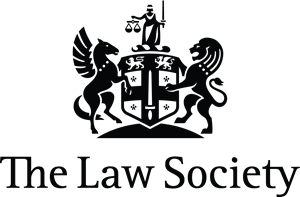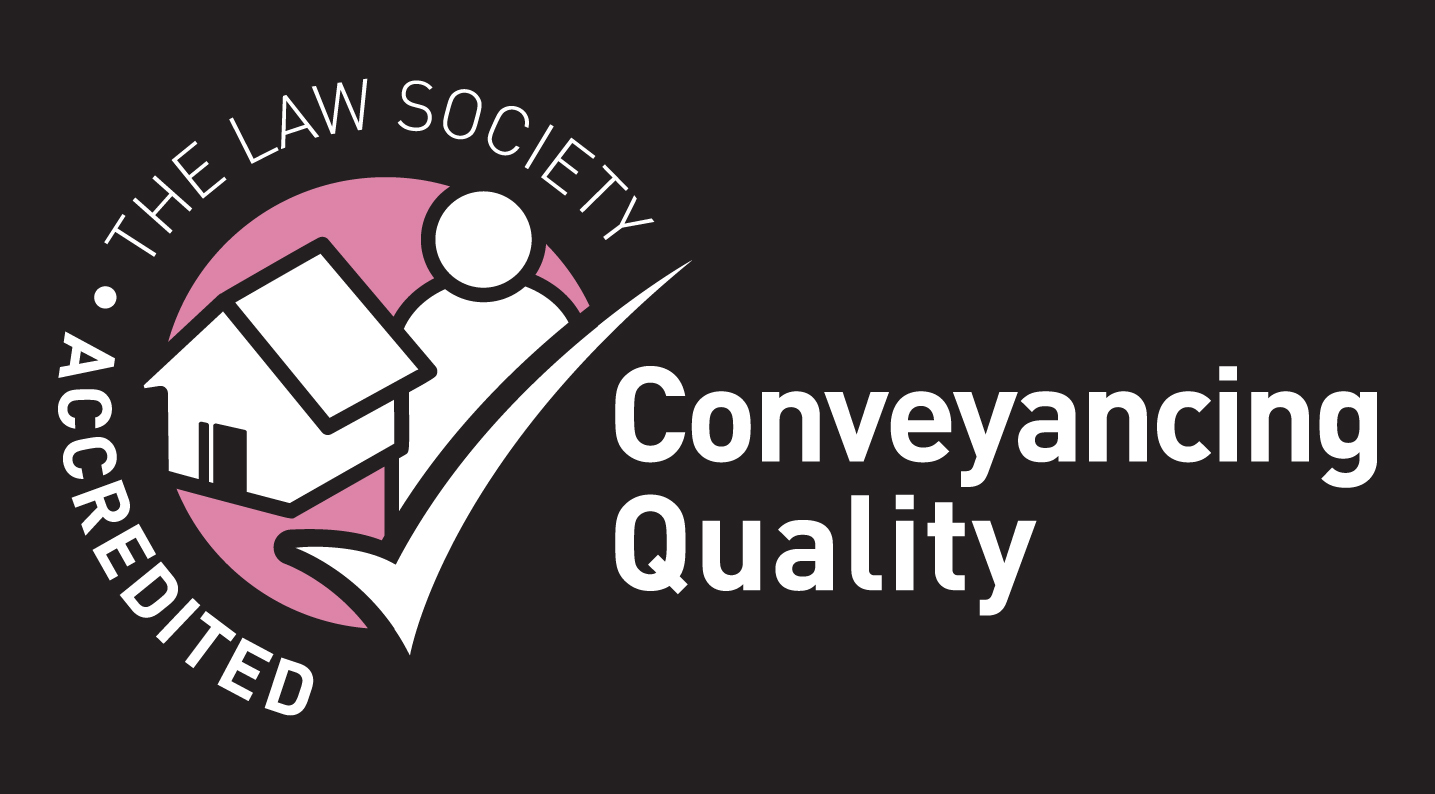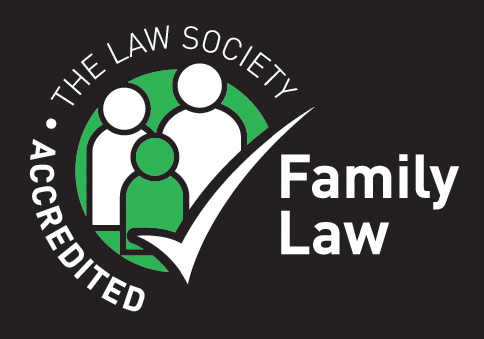Call us on 0207 100 2525 for immediate help & assistance with your situation.
We’re here to help you in person, via the phone or online.
If your employer is acting in a fraudulent or criminal manner, or is breaching health and safety procedures, employees are under a duty to speak out to protect colleagues and customers. If you make a protected disclosure and have faced unfair treatment as a consequence, you may have a whistleblowing claim.
In a whistleblowing claim, a protected disclosure is when you believe or strongly suspect a wrong has occurred in relation to at least one of the following:
Some common examples of whistleblowing in the work place are:
Whistleblowing is when an employee speaks out about a practice at work that they know is wrong and in breach of the laws and standards of their industry.
If you think you have witnessed wrongdoing at work, you should make sure you have properly understood the situation and can confirm the act or omission was wrong or illegal. You should also consider the consequences for yourself if you ‘blow the whistle’.
If you decide to speak out, you should report to one of the following people depending on your situation:
You can bring a whistleblowing claim if you have spoken out about malpractice at work and:
or:
If you have been unfairly dismissed, you may also have an unfair dismissal claim as well as a whistleblowing claim.
Detrimental treatment in whistleblowing claims can include but is not limited to:
Most workers can bring a whistleblowing claim for detrimental treatment, this includes employees, agency workers and self-employed contractors holding a valid contract for services. There are some exceptions such as parliamentary staff and people working in national security. Only qualifying employees can claim for unfair dismissal, for more information on unfair dismissal click here.

To make a whistleblowing claim at the Employment Tribunal, you must file a claim within three months less one day from the incident. For claims where you have been dismissed for whistleblowing, time will start running from the date of your dismissal. For detrimental treatment claims, time will start running from the last day you were subject to detrimental treatment.
In all employment claims including whistleblowing, it is good practice to lodge your claim with ACAS before filing a claim at the Employment Tribunal. ACAS help you to negotiate a settlement with your employer. In whistleblowing claims, you may be in a strong bargaining position as your employer will want to protect their reputation.
Copyright © 2023 Adam Bernard Solicitors. This Firm is Authorised & Regulated by the Solicitors Regulation Authority SRA NO: 598171, 656730.





